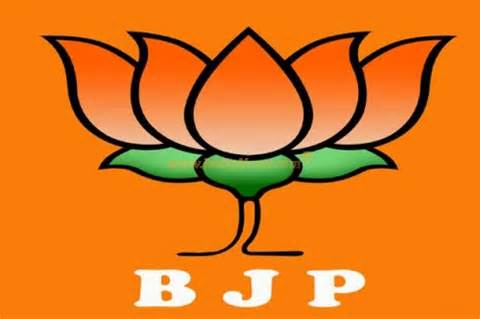Nuclear Weapons 71 - India May Abandon No First Strike Nuclear Policy
I have blogged before about the nuclear tensions between India and Pakistan. Since the partition of British Colonial India into the Muslim state of Pakistan and the Hindu state of India, there have been border disputes and armed conflict, especially over the Kashmir. The world was rightly concerned about the acquisition of nuclear weapons by India and Pakistan. India developed its nuclear arsenal in response to border disputes with China. Pakistan then developed nuclear weapons in response to India nuclear buildup.
India and Pakistan have never signed the nuclear non-proliferation treaties that the other nuclear powers with the exception of North Korea have signed. After India conducted its first nuclear tests, the other nuclear powers tried to pressure India to renounce nuclear weapons by applying a series of crippling trade sanctions. India responded by adopting a policy against first use of nuclear weapons in any military confrontation with another nation. Since then, the U.S. and other countries with nuclear arsenals have come to accept India as a nuclear armed nations. The U.S. and India signed an arrangement for the U.S. to provide India with assistance in the development of civilian nuclear power despite India's nuclear weapons program. Pakistan has never agreed to a no-first use policy.
The Bharatiya Janata Party (BJP) was in power in India at the time of the underground tests in 1998. Since then it has been eclipsed by other political parties in the governance of India but appears to be on the brink of returning to power. In the upcoming elections, the BJP is favored to win the most seat in India's parliament. They may not have enough seats to form a government but they do have the best chance of forming a coalition government.
The BJP is headed by Narendra Modi, a strong Hindu nationalist. Aides to Modi have said that if he becomes India's Premier, India would "be tougher with China over territorial disputes and more robust with Pakistan over attacks by Islamist militants supported by Pakistan. The party manifesto says it would seek friendly relations with neighboring nations but it "vowed to deal with cross-border terrorism with a firm hand" and take a "strong stand and steps " when required.
The manifesto also said that the BJP would reconsider the pledge to never be the first to use nuclear weapons in a military conflict but did not provide any details. The U.S. official who helped to negotiate the nuclear technology agreement in 2008 has remarked that it is difficult to see how abandoning the no-first use of nuclear weapons would be in India's interest. Nuclear weapons will be of no use in a border dispute or in dealing with terrorism. As China has embarked on heavy investment in nuclear weapons and Pakistan has been drawing even with and maybe even surpassing nuclear parity with India, the BJP party insists that it is time to review the no-first use policy.
Pakistan has not officially reacted to the BJP pronouncements. Pakistani officials have pointed out that the nuclear situation between Pakistan and India is one of "mutually assured destruction" (MAD) that was the basis of the Cold War standoff between the U.S. and the Soviet Union. If either Pakistan or India started a nuclear war, the other would finish it and both countries would be destroyed. Even so, the public abandonment of the no-first use policy by India will add to international tensions in the area of the world.
